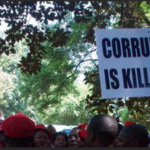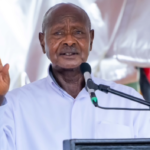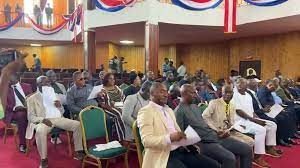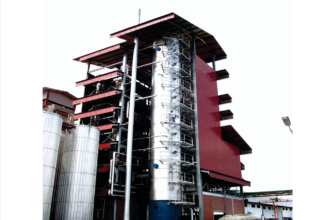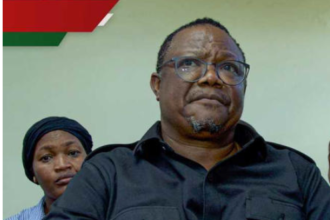Johannesburg, South Africa – Just a few months after its formation, South Africa’s Government of National Unity (GNU), heralded as a beacon of stability and reconciliation, is already showing signs of strain. While the initial euphoria surrounding the historic coalition between the African National Congress (ANC), the Democratic Alliance (DA), and other smaller parties is still palpable, persistent disagreements over policy and governance are raising concerns about the long-term viability of the arrangement.
The GNU was forged following the ANC’s failure to secure a majority in the fiercely contested May 2024 election, forcing the party to seek partners in a bid to avoid political paralysis. While the move was lauded as a mature response to the election results, it also necessitated compromise and a delicate balancing act between the often-divergent ideologies of the participating parties.
Early signs of discord have centered around key policy areas such as economic reform, black economic empowerment (BEE), and the fight against corruption. The DA, traditionally advocating for free-market principles and a more streamlined approach to BEE, finds itself at odds with the ANC’s deep-rooted commitment to social justice and affirmative action.
“The fundamental challenge lies in reconciling the ANC’s commitment to a developmental state with the DA’s focus on fiscal responsibility and limited government intervention,” explains political analyst, Dr. Sipho Dlamini. “These are not easily bridgeable divides and require a significant shift in thinking from both sides.”
Further complicating the picture are the continuous disagreements over the distribution of power and ministerial portfolios. Reports of back-channel negotiations and internal power struggles have persistently surfaced, fueling anxieties about the possibility of the coalition fracturing under the weight of competing ambitions.
One particularly contentious issue is the ongoing debate surrounding the effectiveness and potential reform of BEE. The DA has voiced concerns about corruption and inefficiencies within the system, advocating for a more race-blind approach to empowerment. This stance has drawn criticism from within the ANC and its traditional allies, who argue that dismantling BEE would undermine progress made in addressing historical inequalities.
“The GNU is a complex and fragile experiment,” cautions Professor Thandiwe Nkosi, a specialist in South African governance. “The next few months will be crucial in determining whether the parties can find common ground and build a foundation of trust. Without genuine compromise and a shared vision for the future, the cracks we’re seeing now could widen into irreparable rifts.”
Furthermore, the silence from former President Jacob Zuma’s Umkhonto we Sizwe (MK) Party, which remains outside the GNU and disputes the election results, looms large. Their potential to destabilize the political landscape through protests and legal challenges cannot be discounted.
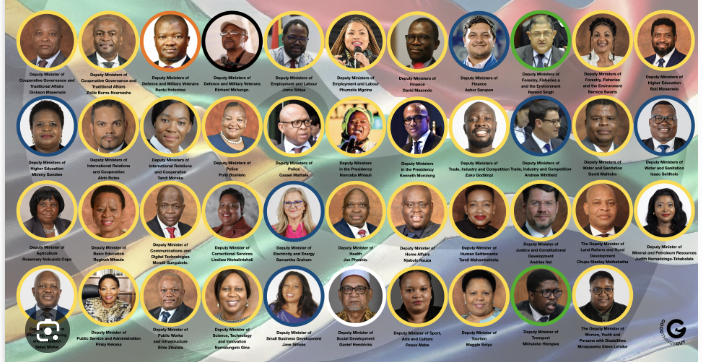
The success of the GNU is vital for South Africa’s future. The country grapples with pressing economic challenges, including high unemployment, widespread poverty, and a struggling infrastructure. A stable and unified government is essential to attracting investment, implementing effective policies, and restoring public confidence.
The cracks in the South African government are compounded by the country’s back-and-forth diplomatic spate and agitation with the Trump administration and South Africa’s stance against the state of Israel regarding the Gaza conflict.
Whether this unity government can overcome these early hurdles and deliver on its promise to build a better South Africa remains to be seen. The next few years will undoubtedly be a test of political will, compromise, and the enduring spirit of reconciliation that has defined the nation’s journey. The stakes, for South Africa and its people, are undeniably high.



